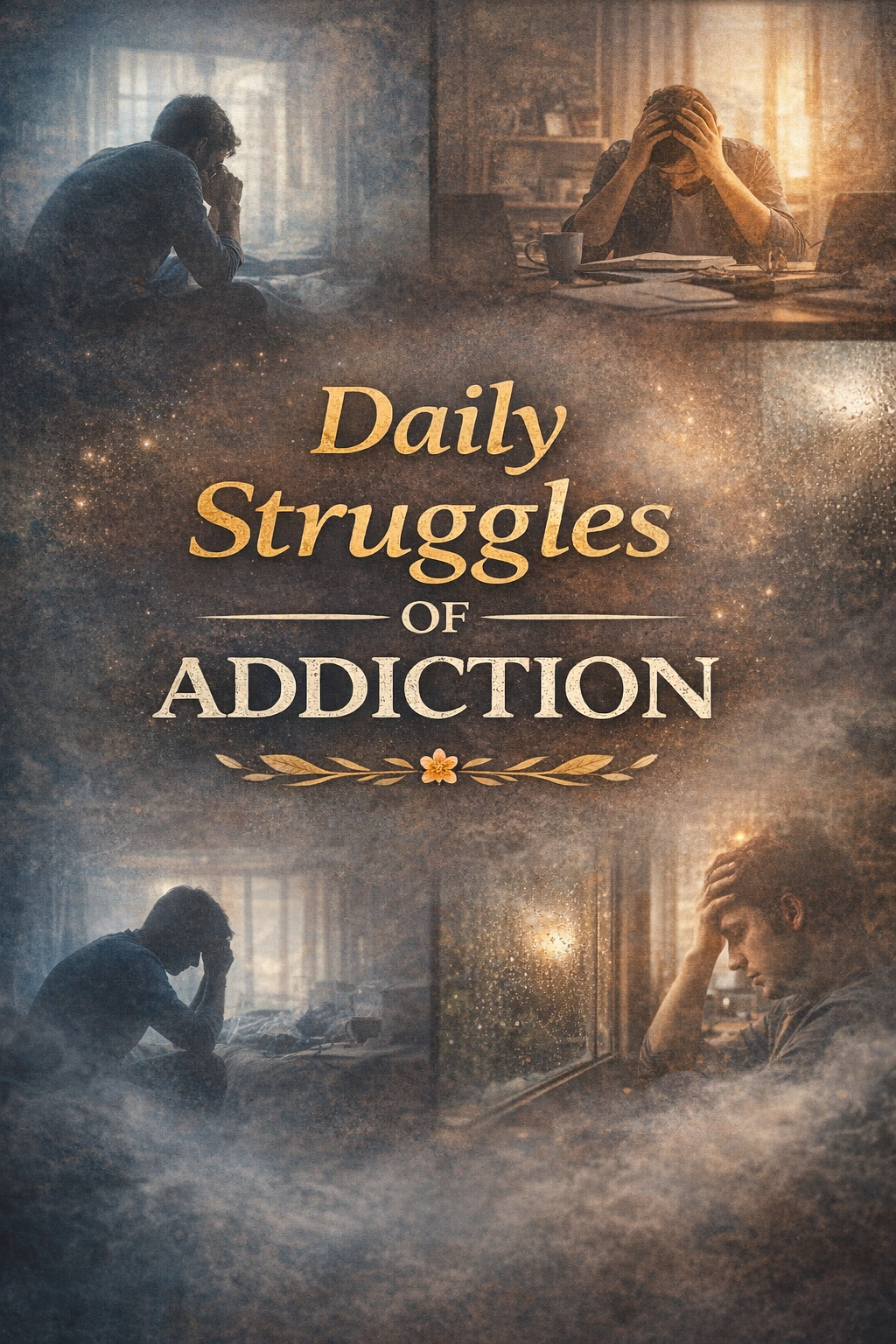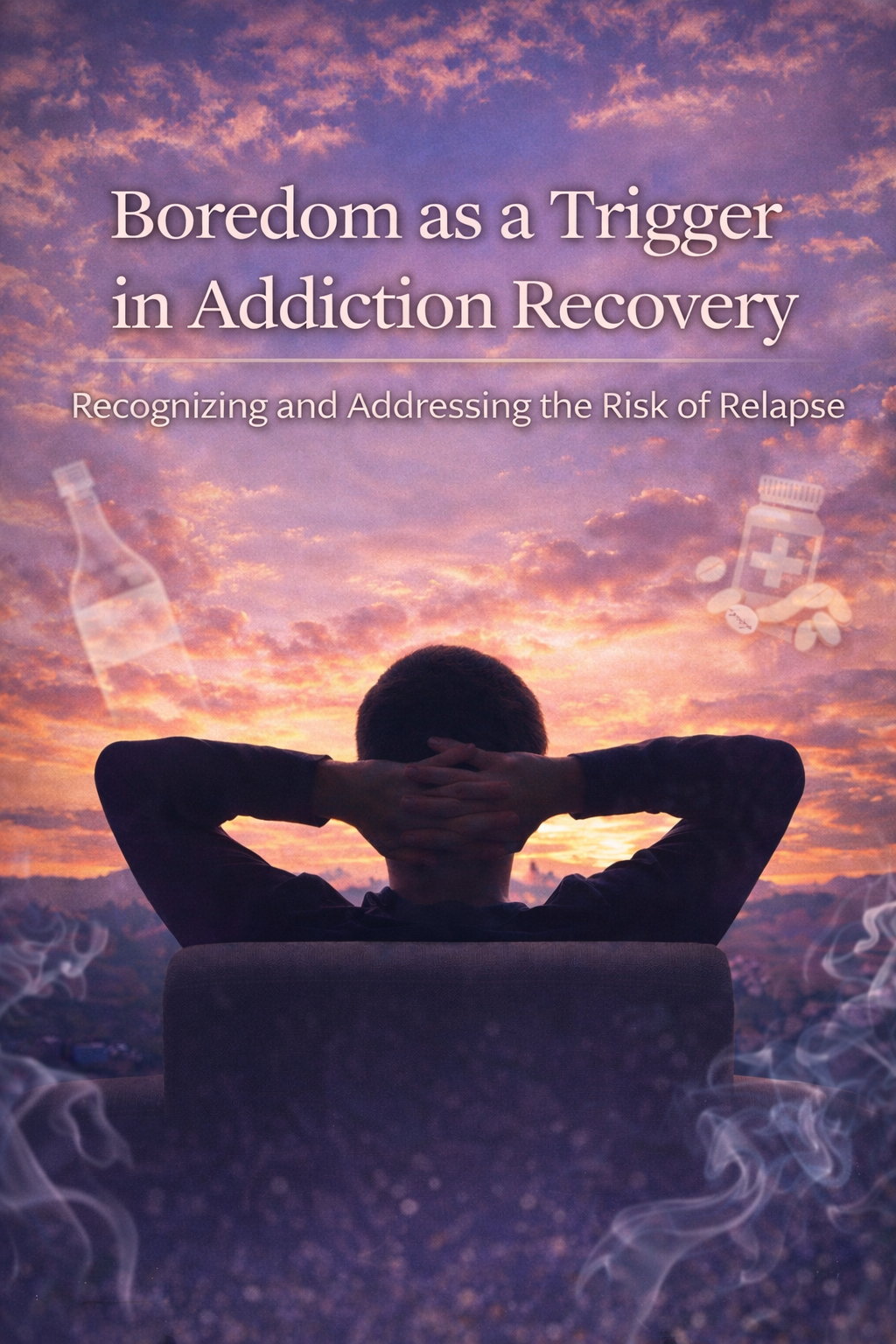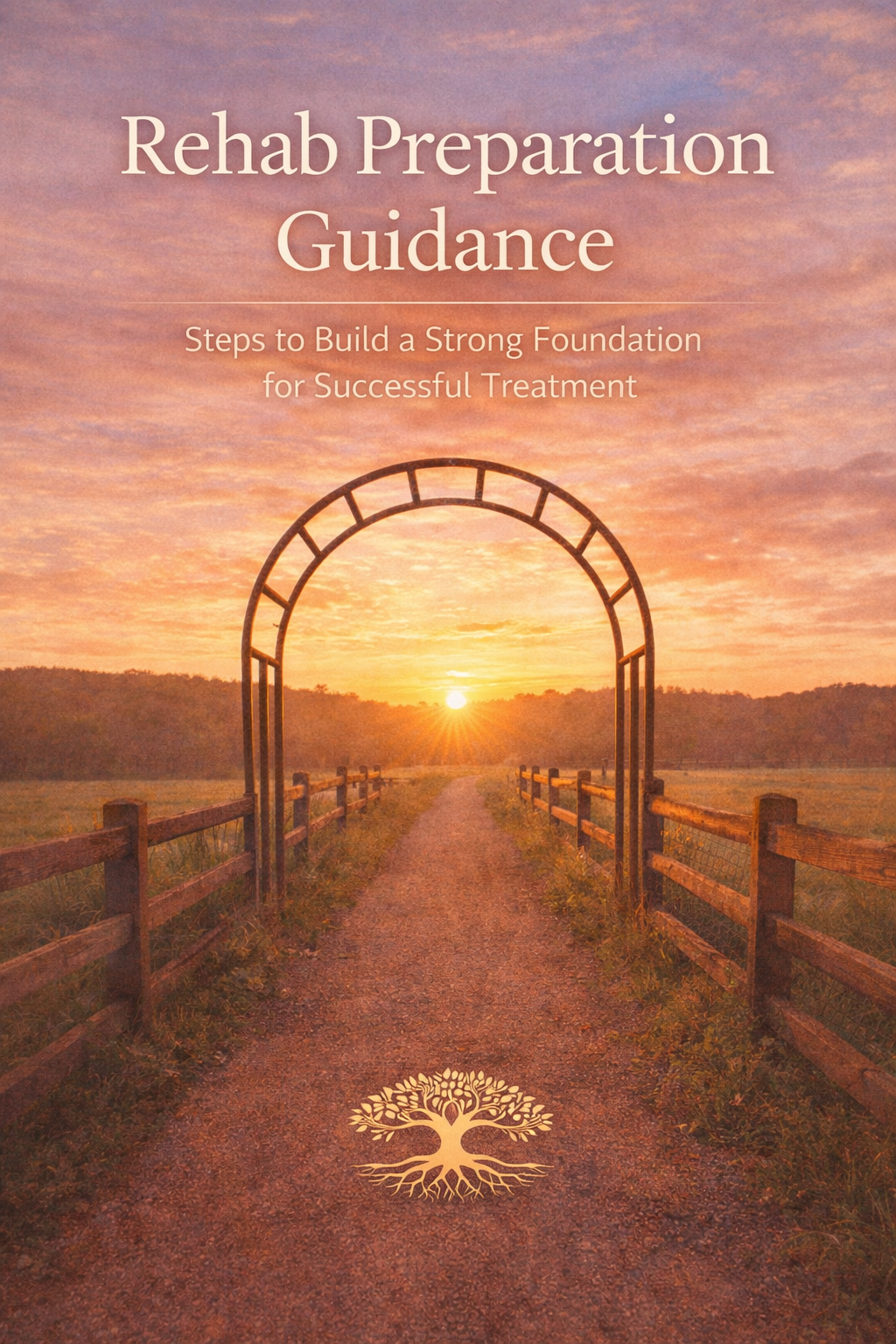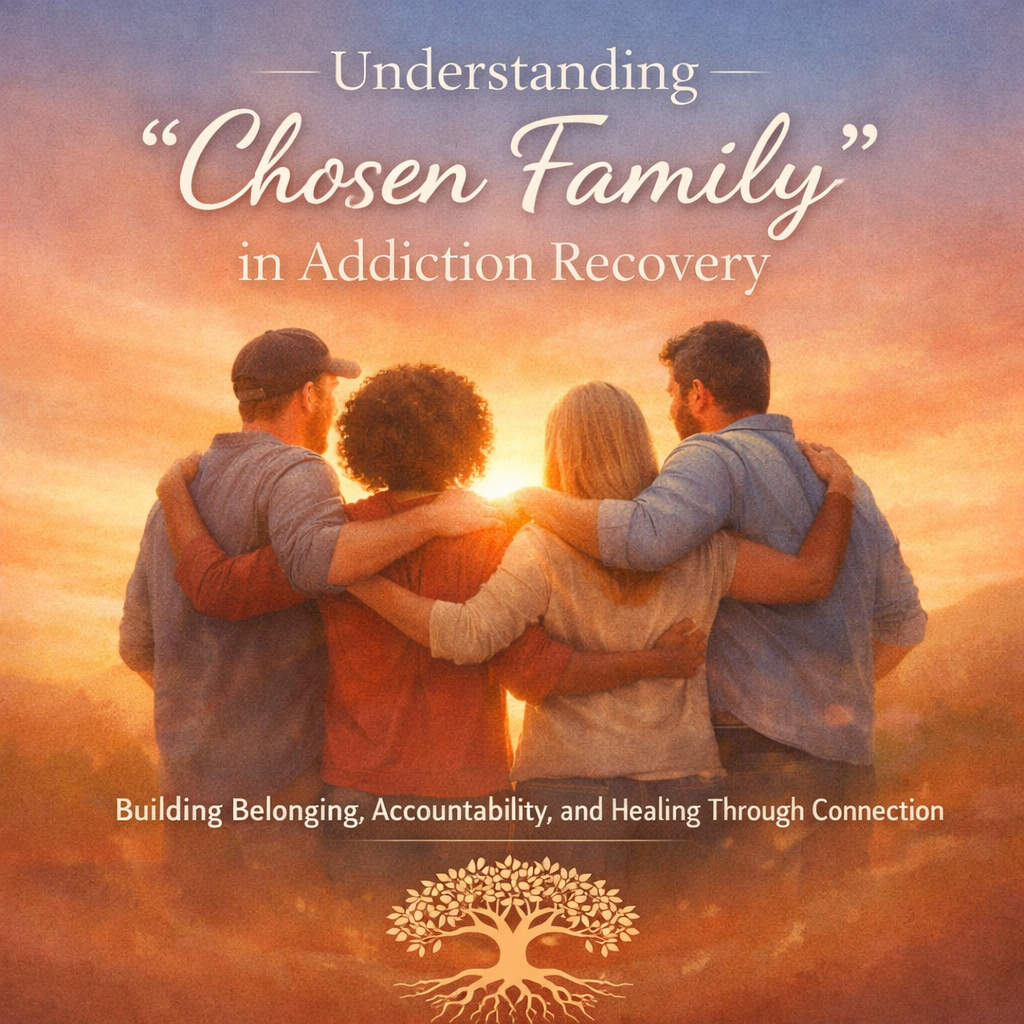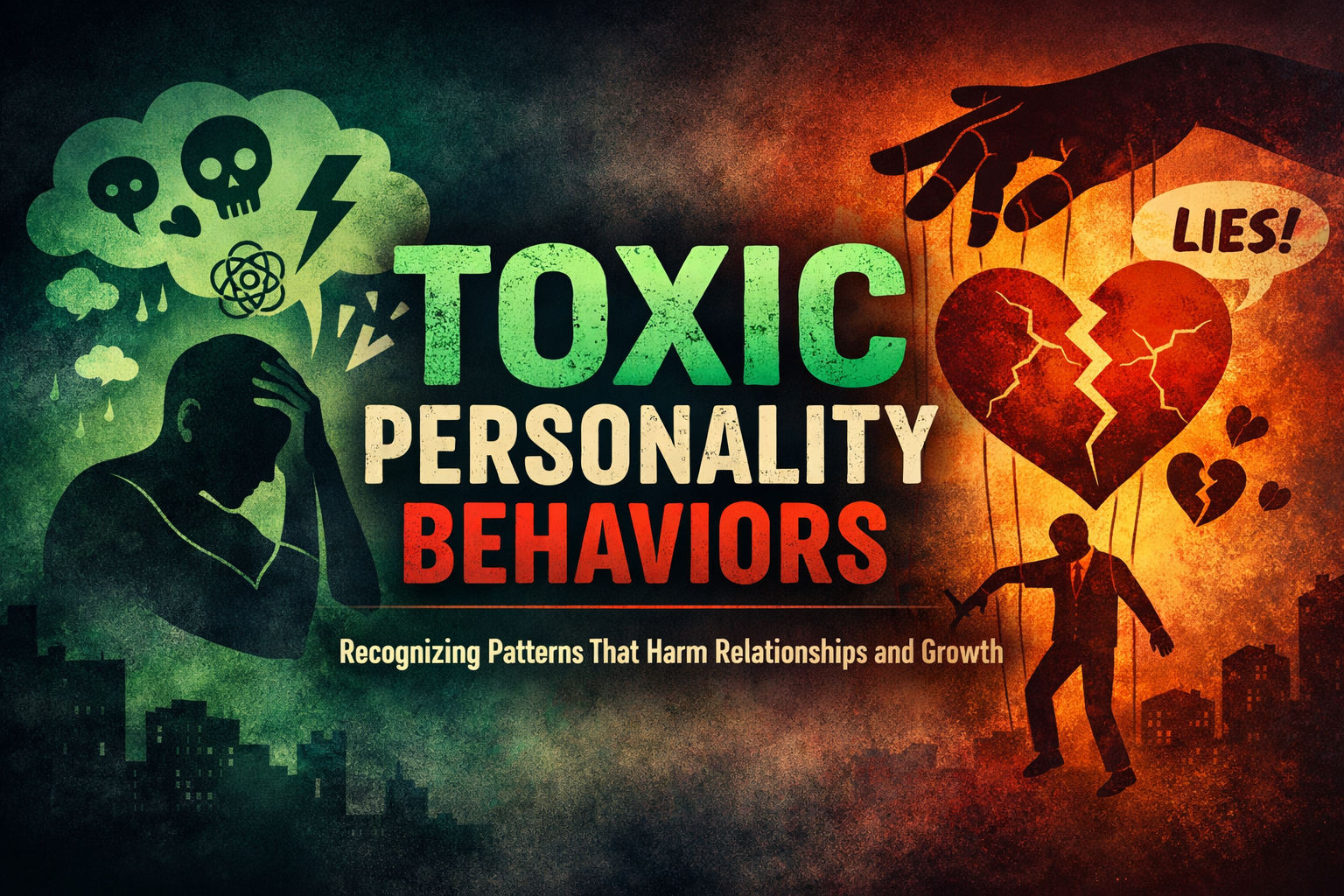Daily Struggles of Addiction
The daily struggles of addiction extend far beyond substance use itself. For many individuals, each day involves managing cravings, emotional swings, stress triggers, and internal conflict while attempting to maintain responsibilities and relationships. Addiction alters brain chemistry, particularly in reward, motivation, and impulse-control systems, making ordinary decisions feel disproportionately difficult. What may appear, from the … Read more
